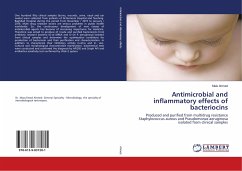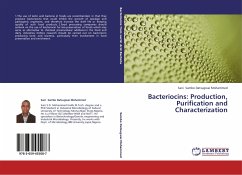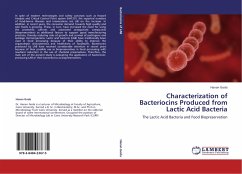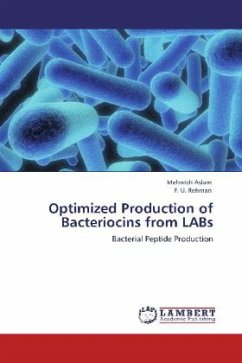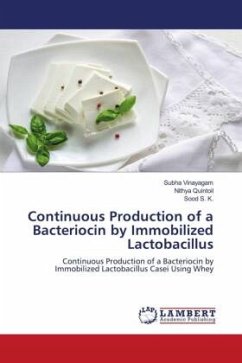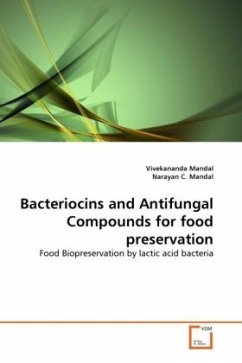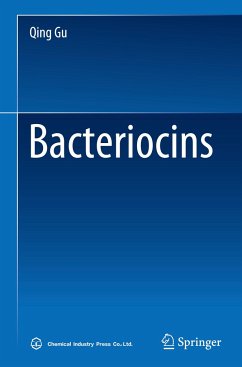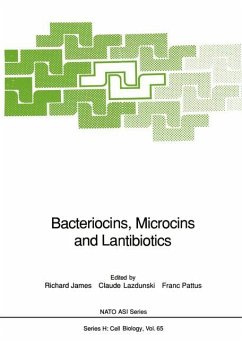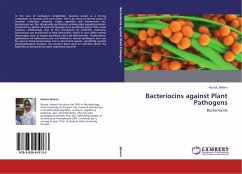
Bacteriocins against Plant Pathogens
Bacteriocins
Versandkostenfrei!
Versandfertig in 6-10 Tagen
41,99 €
inkl. MwSt.

PAYBACK Punkte
21 °P sammeln!
In the race of ecological competition, bacteria evolve as a strong competitor to humans and each other. This is by virtue of diverse array of arsenals, including: enzymes, toxins, peptides and bacteriocins etc. Bacteriocins are the ribosomally synthesized antimicrobial peptides/proteins produced by almost all bacterial lineages and specifically target their close relatives. Additionally, due to the emergence of antibiotic resistance bacteriocins are envisioned as their alternative, which in turn offers several advantages such as target specificity and cost-effectiveness. Furthermore, applicati...
In the race of ecological competition, bacteria evolve as a strong competitor to humans and each other. This is by virtue of diverse array of arsenals, including: enzymes, toxins, peptides and bacteriocins etc. Bacteriocins are the ribosomally synthesized antimicrobial peptides/proteins produced by almost all bacterial lineages and specifically target their close relatives. Additionally, due to the emergence of antibiotic resistance bacteriocins are envisioned as their alternative, which in turn offers several advantages such as target specificity and cost-effectiveness. Furthermore, applications of bacteriocins are not limited to clinical pathogens and can be used as food preservatives and as biocontrol agents, specifically against phytopathogenic bacteria. The present book gives an overview about the bacteriocins produced by plant associated bacteria



